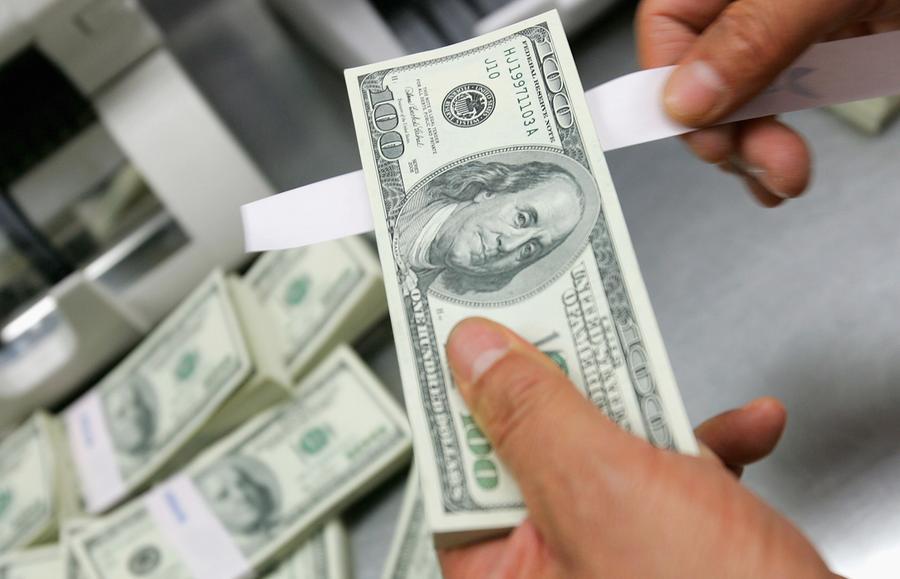
The Gulf Cooperation Council (GCC) is expected to remain among the top emerging-market (EM) US dollar debt issuers in 2025 and 2026, Fitch Ratings has said.
The growth will be driven by government initiatives to develop the debt capital market (DCM), diversification goals, funding deficits and projects, and sizeable upcoming maturities.
The DCM in the GCC crossed $1 trillion outstanding (all currencies) at the end of January 2025, an increase of 10% year-on-year (YoY).
In January, the rating agency said GCC banks are likely to issue over $30 billion in US dollar debt this year. However, the market is still fragmented but evolving, with Saudi Arabia and the UAE among the most mature markets.
Saudi Arabia accounted for the largest share of the regional DCM outstanding at 44.8%, followed by the UAE at 29.9% and Qatar at 12.8%. The remainder is split between Bahrain, Oman, and Kuwait.
Support from falling oil prices
Falling oil prices could lead to further DCM growth as lower government revenues could increase borrowing, said Bashar Al-Natoor, Global Head of Islamic Finance at Fitch Ratings.
In 2024, the GCC contributed a quarter of all EM US dollar debt issuance (excluding China), with Saudi Arabia and Turkey (non-GCC) being key players. The UAE was the largest EM issuer, as GCC US dollar DCM issuance surged 65.8% YoY to $133.4 billion.
New GCC fund passporting regulations could enhance DCM investment opportunities, he said.
GCC sukuk issuance grew by 43% YoY in 2024 to $87.5 billion, outpacing bonds (+1.1%). Islamic banks are a large part of the GCC banking system and are key sukuk investors and issuers.
The region’s ESG debt crossed $50 billion outstanding in January 2025, with 44.1% sukuk and the majority in Saudi Arabia and the UAE.
ESG-debt issuance was a sizeable part of dollar debt issuance in the UAE (17%) and Saudi Arabia (7.3%) in 2024.
Challenges
Despite growth, challenges persist as the DCM investor base is concentrated in banks and the funding culture remains bank-focused.
Local-currency debt issuances by corporates and banks are still rare in most GCC countries, except Saudi Arabia, whose riyal market is more developed than peers but still has more room for growth, said Al-Natoor.
He said that Sharia complexities, including AAOIFI Standard 62, pose risks for sukuk, adding that the DCM is sensitive to oil, geopolitical, and macroeconomic volatilities.
(Editing by Seban Scaria seban.scaria@lseg.com )









